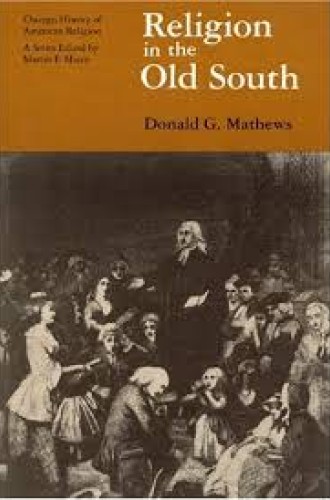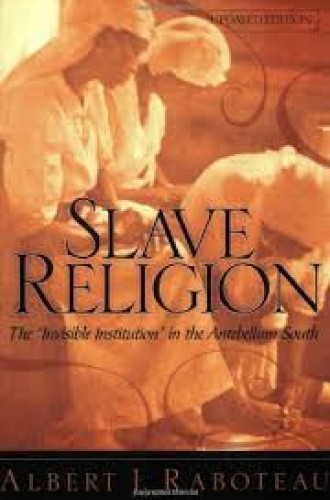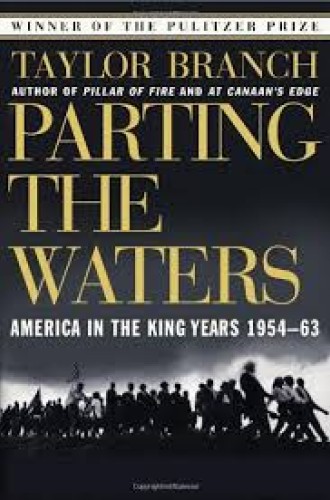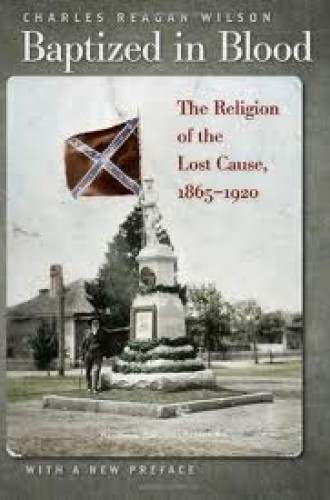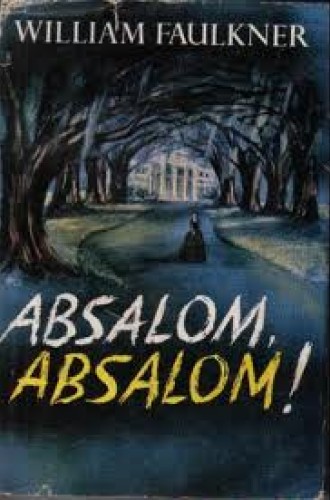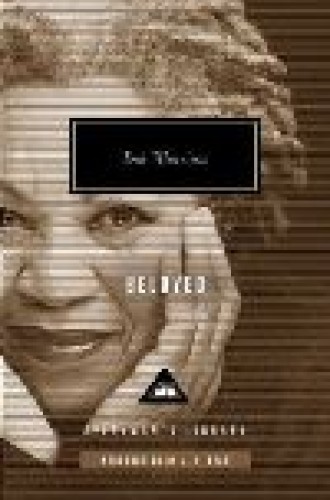Religion in the American South
Religion in the Old South, by Donald G. Mathews. Mathews’s 1977 classic is a relatively short synthetic analysis that clearly, profoundly, and theologically explores the meaning of Christianity in the slave society of the old South.
Slave Religion: The “Invisible Institution” in the Antebellum South, by Albert J. Raboteau. Addressing themes ranging from African religions to the “middle passage for the Gods,” from the rise of slave forms of Christianity to the role of religion in slave rebellion and resistance, this masterful work retains its preeminent status as the first book to read to survey the meaning of religion for African slaves in the United States. The restrained elegance of the prose accentuates the profound importance of the subject.
Parting the Waters: America in the King Years, 1954–63, by Taylor Branch. Alongside Robert Caro and Doris Kearns Goodwin, Branch stands as one of the masters of the art of narrative history. Through the sheer power of his storytelling, he establishes that the years from 1954 to 1963 were indeed the King years because Martin Luther King Jr. had a far greater permanent impact than any political, social, or religious leader of that time. Branch almost single-handedly resurrected attention to the career of King’s predecessor in his first pulpit in Montgomery, Alabama: Vernon Johns, a complex and multifaceted figure whose elusive stories and personal myth escaped even a master like Branch.
Baptized in Blood: The Religion of the Lost Cause, 1865–1920, by Charles Reagan Wilson. Like Raboteau, Wilson established an entire field of study with his first book, which finds in the rise of the “Lost Cause” after the Civil War a civil religion that defined white southern culture in ways equal to the influence of evangelical churches. Wilson brings to bear anthropological studies of civil religions and explains clearly how the Lost Cause functioned as a self-contained mythos.
Absalom, Absalom! by William Faulkner, and Beloved, by Toni Morrison. These dual literary masterpieces arise straight from the social history of the 19th-century South, but the genius of the authors in exploring the meaning and mythos of southern religion for individual characters surpasses what can be accomplished by historians, limited as they are by empirical evidence. Faulkner and Morrison each take a biblical story (most obviously in Faulkner’s case) and retell it through the lives of vividly imagined 19th-century characters. The stories themselves cannot be contained; they must continuously be retold and reinterpreted, as they are throughout the novels, for we can never fully comprehend their meaning.


